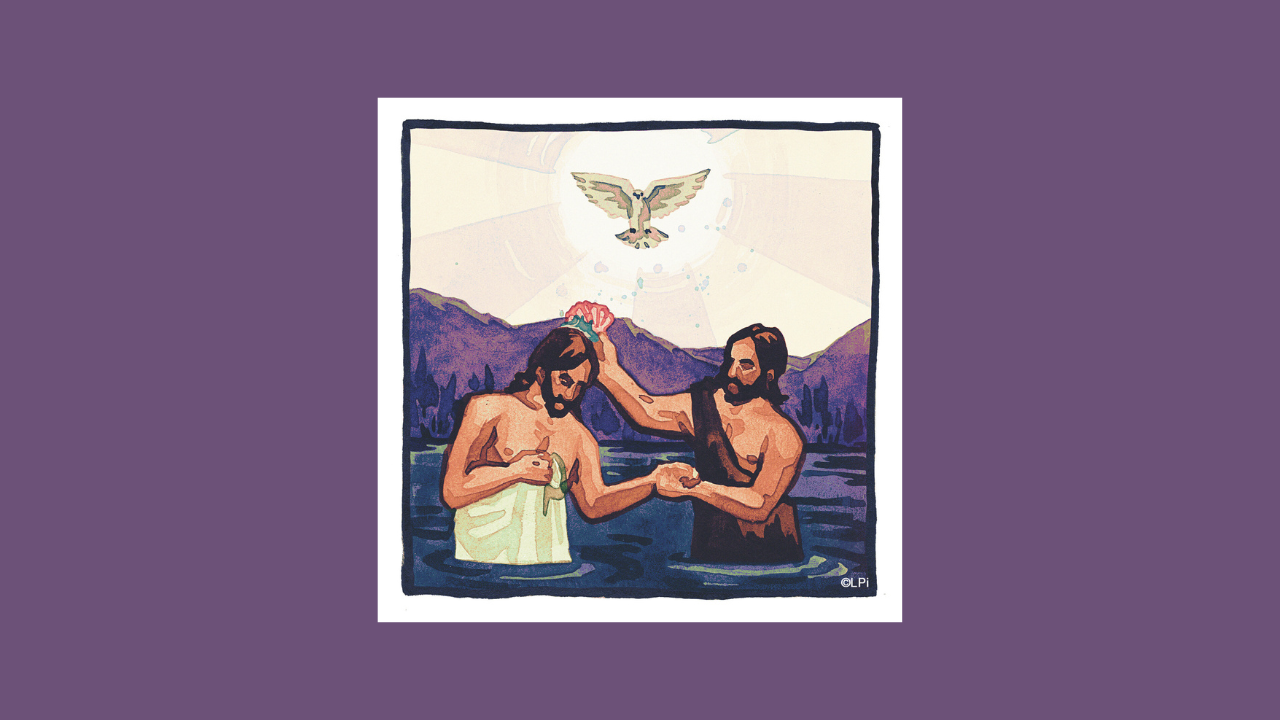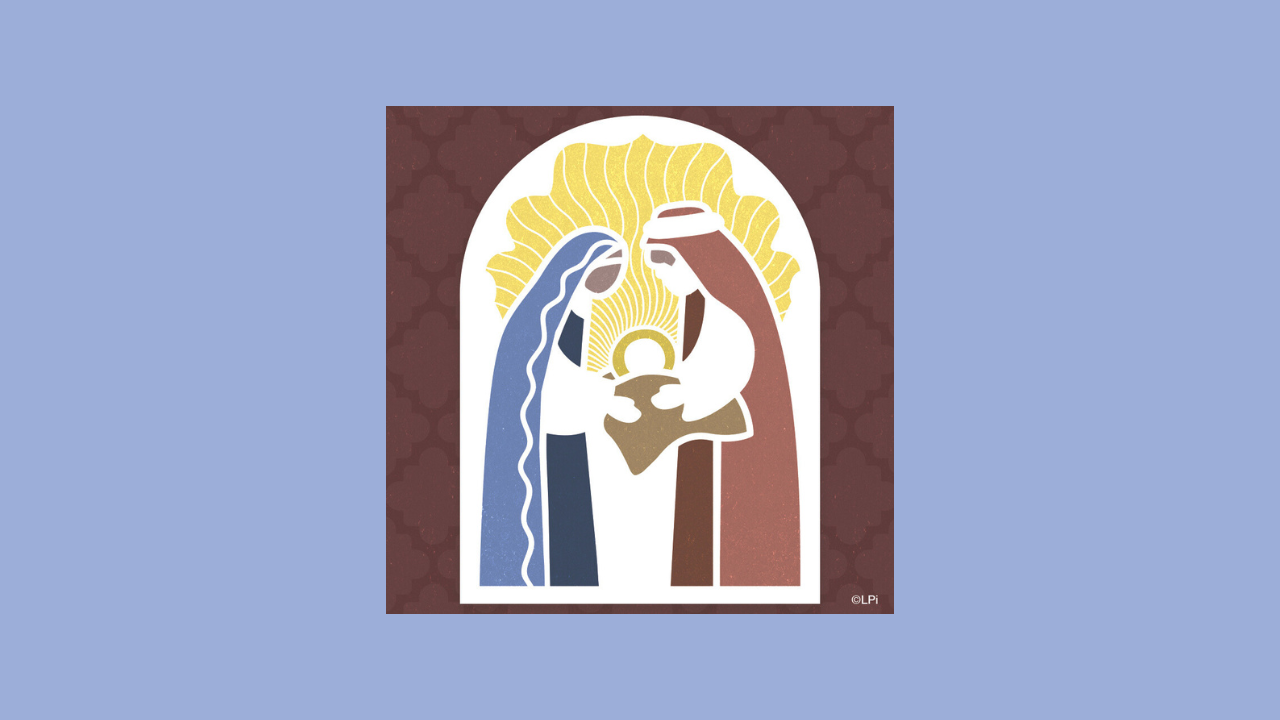Love the Lord your God AND… by Fr. Chris House
The scholar of the law in this Sunday’s Gospel asks the ultimate question of Jesus: “what must I do to inherit eternal life?”

Love the Lord your God AND….
The scholar of the law in this Sunday’s Gospel asks the ultimate question of Jesus: “what must I do to inherit eternal life?” First, Jesus quotes part of the Shema found in the Book of Deuteronomy. The Shema is a foundational prayer for the Jewish people: “you shall love the Lord, your God, with all your heart, with all your being, with all your strength, and with all your mind.” In short, we are called to love God with the totality of who we are; however, Jesus adds something to it.
What Jesus adds is nothing new and, while it is not a part of the Shema, it is a part of the law found in the Old Testament. In reciting the Shema and how we are to love God, Jesus adds at the end “and your neighbor as yourself.” He joins this commandment to the Shema and places it at the heart of the law. Total love of God is a hard enough, but I have to love my neighbor too? Yes, and this is what the Lord says is required for eternal life. Our Lord then adds a further twist to drive the point home.
Saint Luke recounts for us that the scholar of the law seeks further clarification. Most likely this scholar was a scribe who was an expert in the law and why he presses Jesus on the issue of “who is my neighbor” is unclear, but the answer that Jesus gives would have been hard for most of his listeners to bear. In response to the scholar’s question, Jesus tells the crowd a parable, the one that we know as the story of the Good Samaritan.
The journey down from Jerusalem to Jericho is not down in the sense of heading south. Jericho is actually east/northeast of Jerusalem, but “going down” refers to the descent in elevation and this descent is through a very hot, barren, and rugged terrain; I made the actual journey last week from the comfort of an air-conditioned tour bus. It is here that the story’s victim, a Jew, falls prey to robbers, which was common in this area known as the Valley of the Shadow of Death, the same that Psalm 23 speaks of. The two people who first come upon this man are religious figures, a priest and a Levite. Both of them pass him by with the likely excuse that to help this man, who would have been bloodied by the robbers, would have left them defiled and unable to fulfill their duties in the Temple in Jerusalem. Here, Jesus demonstrates for us the danger of extreme religiosity where the law becomes idolatrous; true duty to God would never demand the dismissal of someone in dire need.
Then comes the third person, a Samaritan. In the history of warring peoples in the Middle East, the conflict between the Jews and the Samaritans was classic; their hatred for each other was total and absolute. Imagine yourself in the place of the Jewish man who had been attacked. The person who is approaching him is a Samaritan and the thought of “now he is going to finish me off” could likely have crossed his mind. However, the Samaritan is moved with compassion when he comes upon this man who is his “enemy” by societal norms. In his compassion, the Samaritan tends to his needs and goes above and beyond to ensure the victim’s well-being. This is a demonstration of what is demanded of us if we would have eternal life with God.
Loving our neighbor does not mean excusing bad behavior or condoning sin. Loving our neighbor means that, in loving God totally, we have to love God in how he is present in those around us, especially in those who may hide God’s image and likeness by their actions, attitudes, and behaviors. We are called to love our neighbor not just because God commands it but also because the time may come when we are the one broken and bruised in the ditch and hopefully someone will come to us who allows the grace of God to help us through them. To truly love God is to truly love our neighbor. This is the heart of the Christian life and it is non-negotiable.
Blessings to you and yours for the week ahead!
Father Chris House














